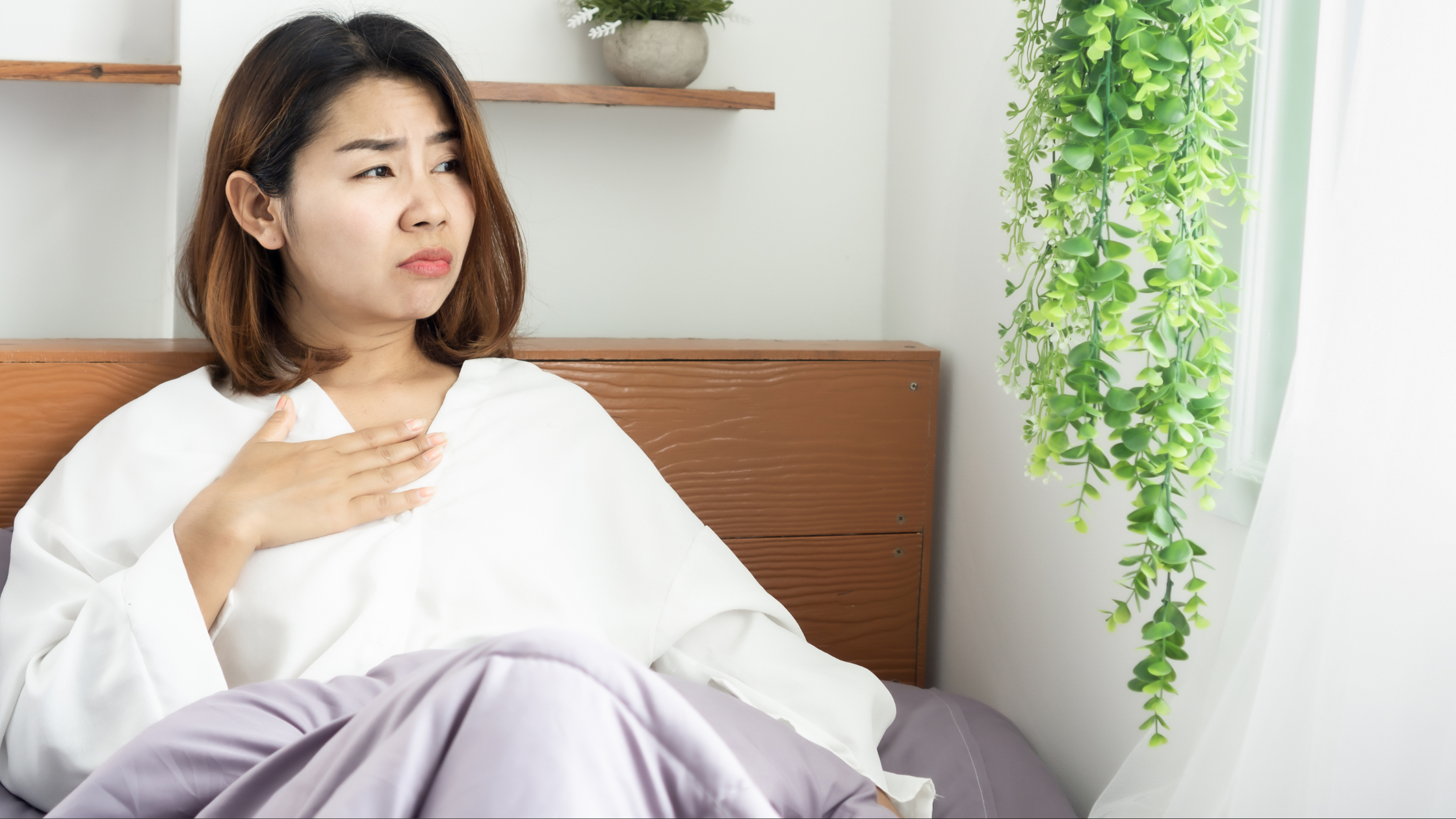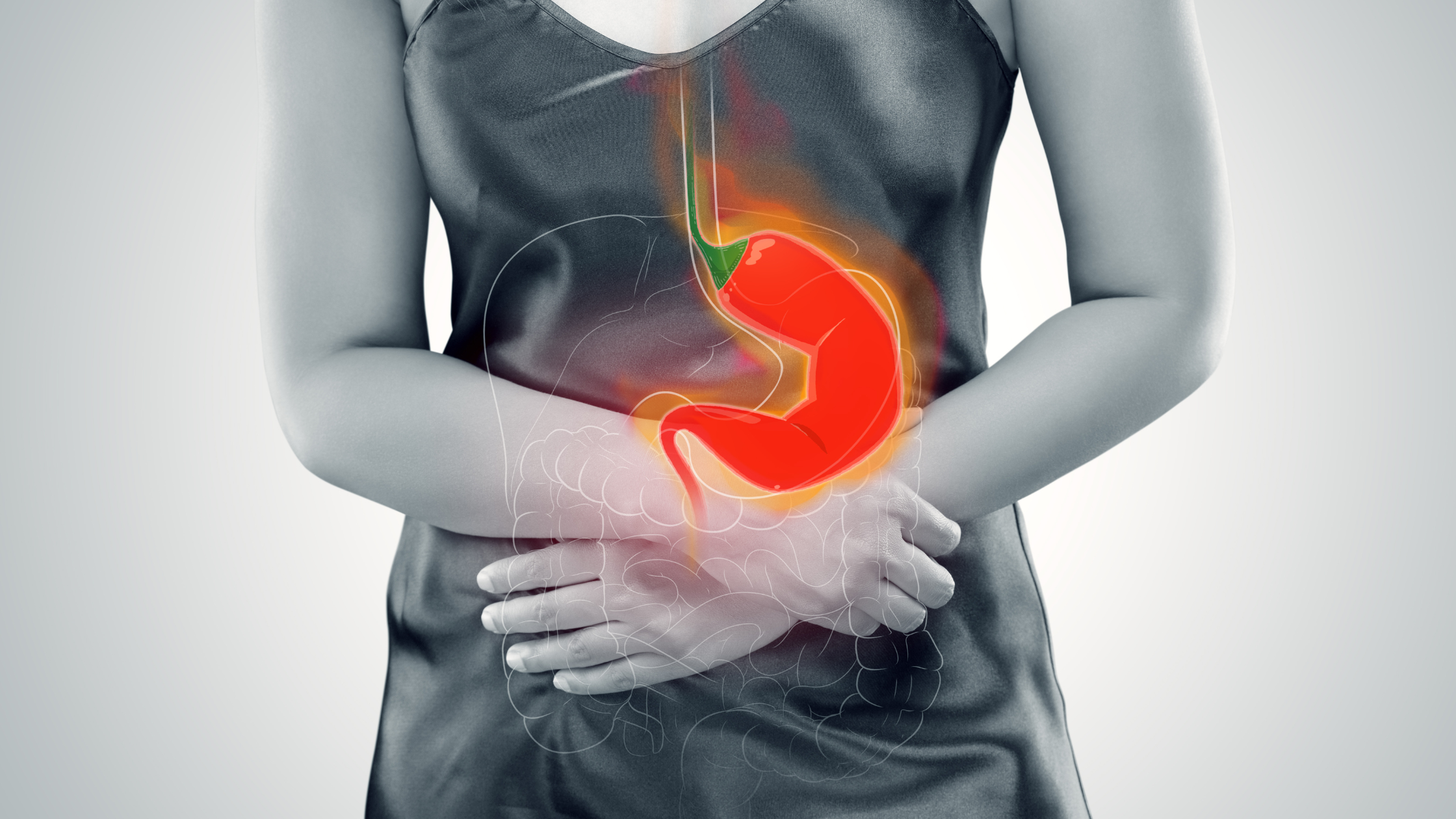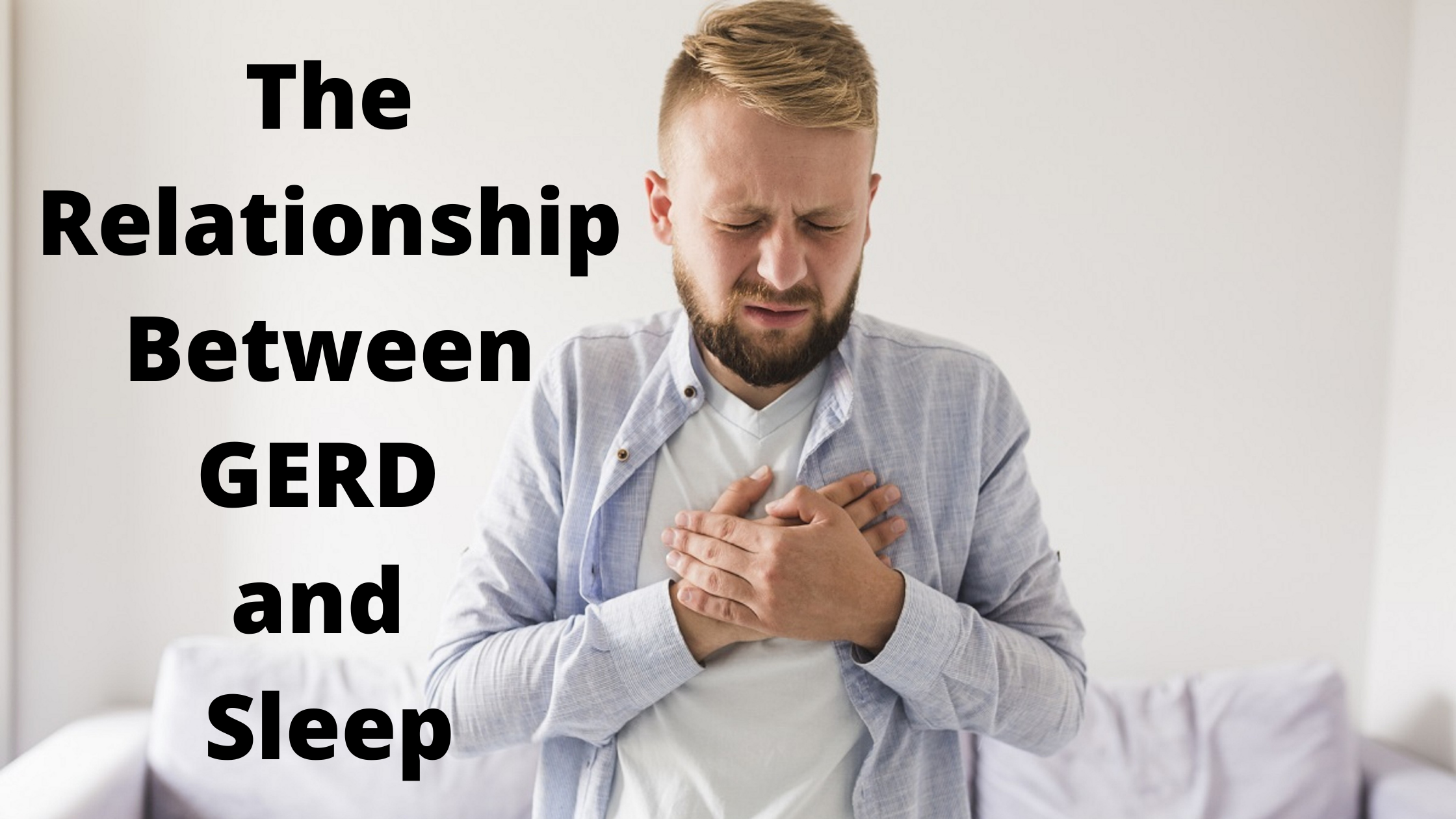Coughing at night can be frustrating and disruptive, preventing you from getting the restful sleep your body needs. If you find yourself waking up with a persistent cough, there may be an underlying cause that needs to be addressed. Understanding the reasons behind nighttime coughing can help you find relief and improve your sleep quality.
Understanding the Underlying Causes of Nighttime Coughing
Gastroesophageal reflux disease (GERD) can wreak havoc on your sleep. The uncomfortable symptoms—heartburn, regurgitation, and chest discomfort—often worsen at night, disrupting restful sleep and leaving you fatigued during the day. However, with a few targeted strategies, you can improve your sleep quality and manage GERD symptoms effectively.
Sleep and Heartburn: Understanding the Connection and Finding Relief
Sleep is an essential aspect of overall well-being, but for individuals who suffer from heartburn, nighttime can become a challenging experience. The connection between sleep and heartburn is well-established, as various factors during sleep can exacerbate or trigger heartburn symptoms. In this blog post, we will explore the relationship between sleep and heartburn, delve into the underlying causes, and provide some practical tips to help you find relief and achieve a better night's sleep.
Growling or twisting stomach right when you lie down for bed? Nothing is worse than a stomach going off like a marching band when you're trying to get a good night's rest. Even discomfort like heart burn tends to get started at night due to the force of gravity and your position in bed. These can all be uncomfortable situations that prevent you from getting a good night's rest. But, did you know that poor sleep can also affect digestion? Continue reading to learn more about this relationship, and determine if there are any changes you may need to make!
Nighttime Acid Reflux and Its Effect On Your Sleep
Acid reflux is the uncomfortable burning sensation in your throat that almost feels like vomit. It hurts, it tastes and smells disgusting, and can wreak havoc on you sleep. Acid reflux causes symptoms like heartburn, regurgitation, or the feeling of having a lump in your throat - like it's difficult to swallow. Radiating chest pain can also be an uncommon symptom that lasts from minutes to hours and can cause people to wake up from their sleep.
Continue reading to learn why acid reflux is late at night, its effects on your sleep, and what you can do to avoid these issues.
Gastroesophageal Reflux Disease (GERD) is a disease in which acidic contents from the stomach reflux into the esophagus, causing a feeling of "heartburn". These feelings normally worsen after eating or drinking certain contents, and can be relieved with antacids like Pepto Bismol. GERD can be extremely discomforting and can also lead to issues sleeping. However, this relationship is bidirectional and sleep can actually impact GERD as well. Continue reading to find out more about this relationship and what you can do to make sure you're getting optimal sleep.
It’s not surprising that the week of Thanksgiving was chosen as GERD awareness week, especially with our tendency to indulge in a little too much of everything! GERD. or gastroesophageal reflux disease, is a common disease that affects millions of Americans.







